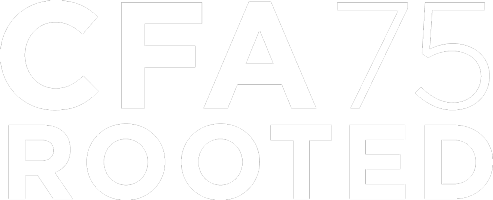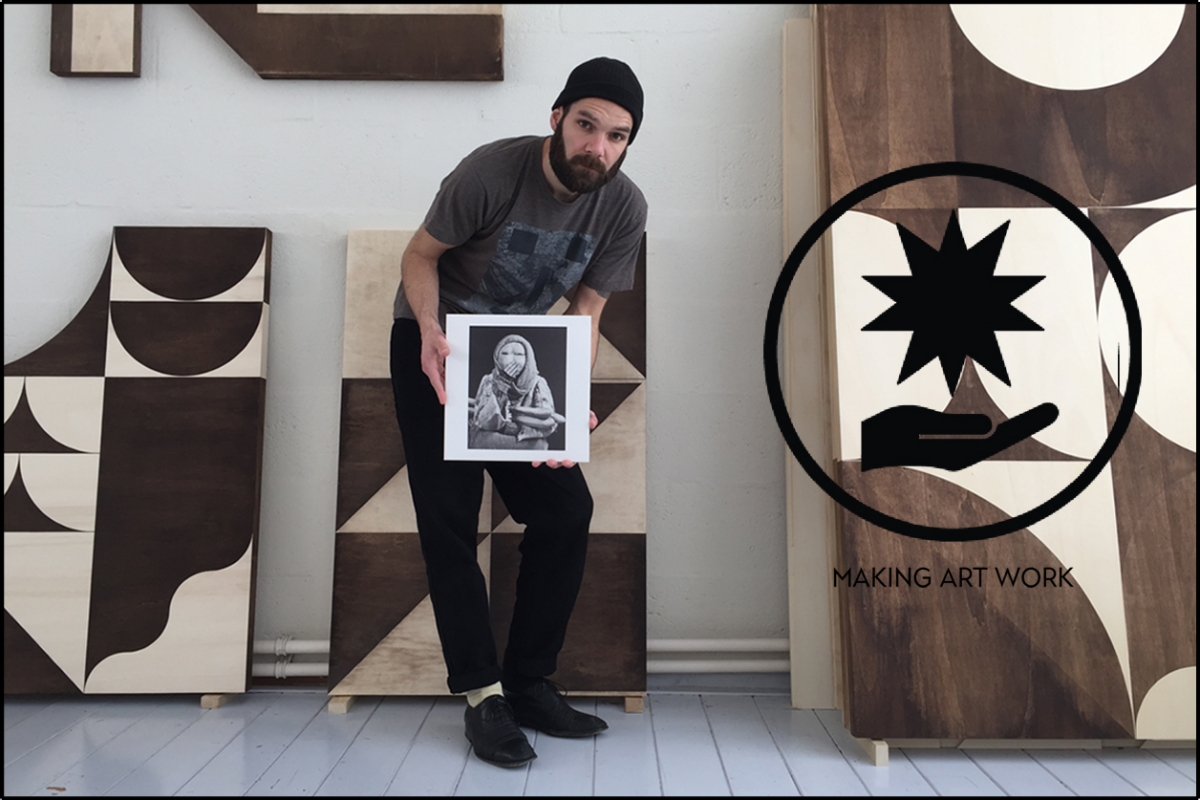MAKING ART WORK: Advice for artists, from artists is a series that taps into the knowledge and experience of seasoned creatives from our community and beyond for the benefit of our students. We had the pleasure of speaking with Dutch artist, Louis Reith, for this episode of MAKING ART WORK.
What do you wish you had known when you were a less experienced artist?
Since I studied graphic design in college and university, I had a particular proces towards my autonomous creative practise. The hands on approach to my work arose from being fed up looking into this light box we call a computer. While in fact desktop publishing is the fundament for the things I create with my hands. In that sense I am thankful for being influenced by the digital while having the tactility of working with paper and other physical materials.
As a child I wanted to be an archaeologist but I turned out to be more of a creative. As a teenager I wanted to be a musician and a DJ but due to a computer crash I lost all my material thus my focus changed towards the record sleeves; graphic design. Nowadays looking for materials - going through books at thrift stores and markets everywhere I go - brings out the archaeologist in me. I don’t have the full equipped music-studio anymore but I still enjoy making loops with drumcomputers and samplers. I collect records and even released some cassettes by others through my publishing house. I recently applied for a woodworking course. Maybe I’ll be a professional joiner in a couple of years. My point is; do what makes you happy.
How do you find balance between creating your own art and using your creative talents for other projects (jobs, collaborations, etc.)?
Even though it’s not accepted by everyone in the art world, I personally enjoy doing commercial projects. Not just in favour of the financial aspect but also the social side. Being an artist can be quite egocentric and lonesome, and to avoid getting an isolated douchebag I collaborate with people and educate young creatives. Working together with others also keeps me up to date and often gives me new insights into my own practise. And with money comes more room for experiment and the ability of taking risks.
Last year a regional poll-outcome stated that 82% of poll takers believe artists should choose another profession if they are not able to live 100% from their art. As if it were comparable to commercial ventures. I believe it’s the economic system that lacks time and space and doesn’t allow people to take risks. Because risk taking is the most important element of progress. I truly think we need to radically change our views on labor in general.
What’s the most useful advice you were given?
A big game-changer happened during my graduation at the art academy, when I made seven books as a catalogue for an exhibition series curated by a friend. She invited me to take part in that particular exhibition and asked me specifically to show merely my graphic design work. That was the turning point, because most artists were related to illustration and painting and it made me aware of new possibilities. Showing printouts of digital works wasn’t an option for me as I wanted to create something unique. That is when I started drawing abstract geometric compositions on old book pages. These compositions are based on words, and function as a coded language, which only I am able to decipher. This concept is still present in my work today.



